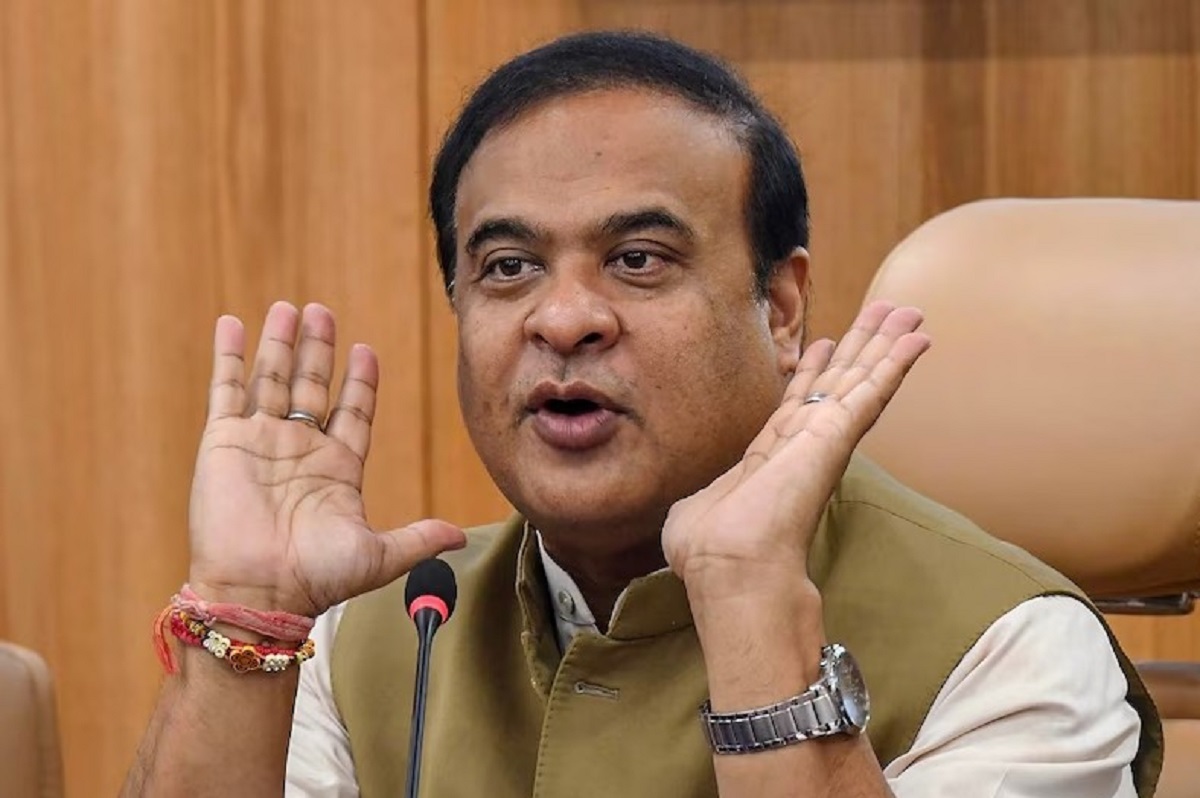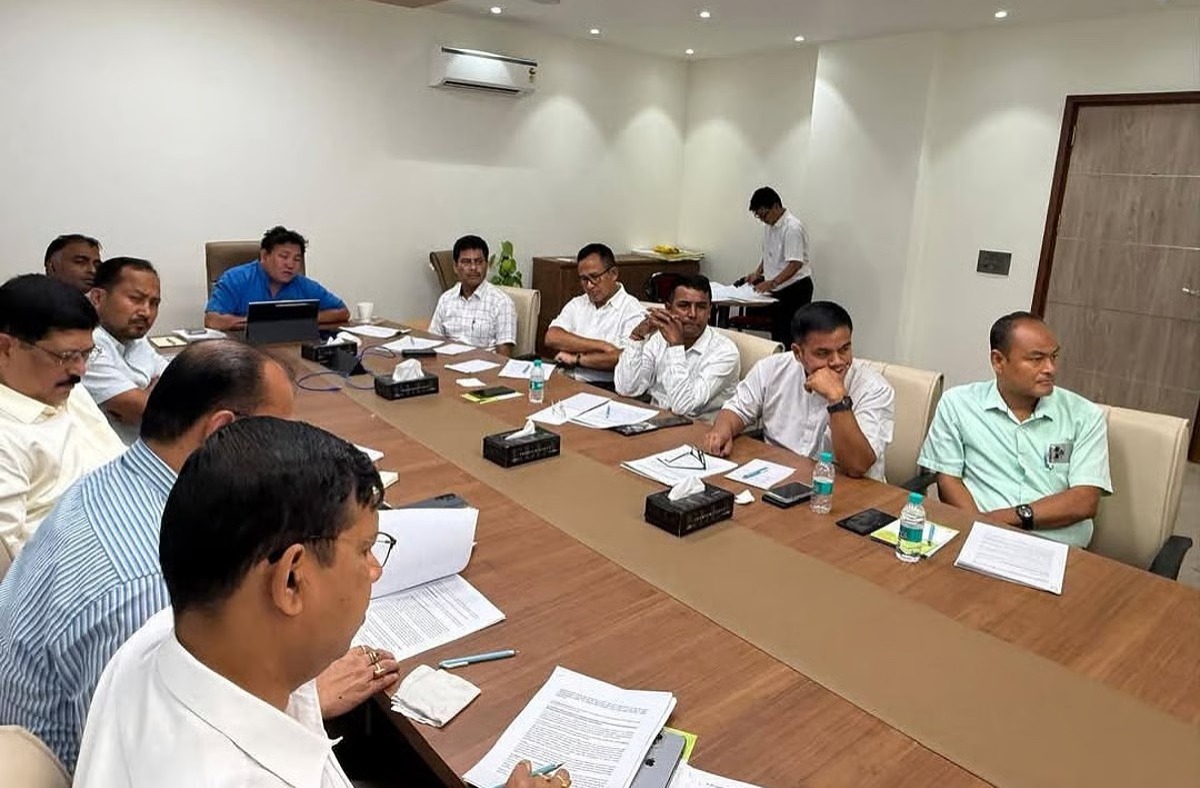Amid rising geopolitical friction and renewed debate over regional water politics, Assam Chief Minister Himanta Biswa Sarma has strongly countered a recent narrative suggesting that China could block the Brahmaputra River’s flow into India. His detailed rebuttal, titled “What If China Stops Brahmaputra Water to India? A Response to Pakistan’s New Scare Narrative,” lays out a clear, fact-based dismissal of what he calls “fear-mongering” tactics from Pakistan. Sarma’s statement follows Pakistan’s anxious response to India stepping away from the 1960 Indus Waters Treaty—a decades-old water-sharing arrangement that many in India now view as outdated and unfavorable. As speculation grew over the Brahmaputra being used as a pressure point, Pakistan appeared to float a new hypothetical threat: What if China, from where the Brahmaputra originates, decides to stop its waters?
Refusing to let the idea take root, Sarma responded with scientific data and geopolitical clarity. “Let’s dismantle this myth—not with fear, but with facts and national clarity,” he wrote. The Chief Minister explained that only about 30–35% of the Brahmaputra’s water volume originates in China’s Tibet region, mostly from glacial melt and limited rainfall. In contrast, India contributes the lion’s share—an estimated 65–70%—through its vast monsoon-fed basin, with major tributaries rising from Arunachal Pradesh, Assam, Nagaland, and Meghalaya. “The Brahmaputra becomes a mighty river not in China, but in India,” Sarma noted. At the Tuting point where the river enters Arunachal Pradesh from China, the flow averages around 2,000 to 3,000 cubic metres per second. However, by the time the river reaches Guwahati, the volume surges to 15,000 to 20,000 cubic metres per second during the monsoon—proof, he said, of how little dependence India has on upstream flow.
In a sharp dig at Pakistan, Sarma remarked that the hypothetical scenario of China reducing water flow might not even be a threat—it could instead help Assam. “We deal with floods every year. A little less water in the peak season could actually help us save lives and property,” he said, referring to the annual devastation caused by overflowing rivers in the Northeast. He also criticized Pakistan for benefiting for over seven decades from a water-sharing treaty that India upheld even during wars. “Pakistan — which has enjoyed 74 years of privileged water access — is now panicking because India is asserting its sovereign rights,” Sarma added.The Chief Minister ended his statement with a message of confidence. “The Brahmaputra is not controlled by one nation or one mountain. It is driven by our geography, our rain-bearing clouds, and the spirit of a civilisation that has learned to live with nature, not fear it.”




